Getting Better RV Wi-Fi Internet
RVers and Cruisers are often bombarded with 'Free Wi-Fi' advertising for RV Parks and marinas with internet as an included amenity. Or they encounter free Wi-Fi at libraries, cafes, and stores.
Fast, Free, Unlimited Internet!
Sounds great, right?
But all too often, attempts to use public Wi-Fi as an internet source while traveling in an RV or boat are disappointing. You may, at best, get just one out of those three (usually free!).
Even installing expensive range-extending technology on your RV or boat can only do so much to improve Wi-Fi as an internet source. Better gear can sometimes help, but it can't work miracles or circumvent the restrictions and limitations built into many shared Wi-Fi networks.
The truth is that Wi-Fi internet access points aren't well suited to meet the needs of RV and boat nomads seeking a home internet replacement on the road or at sea.
In short, relying on Wi-Fi as an internet source on the road is usually more trouble than it's worth for those with demanding needs.
But if you understand the limitations and realities of using Wi-Fi as an internet source, having gear to take advantage of public Wi-Fi in your RV travels can actually be a valuable part of a mobile internet arsenal.
Wi-Fi may be particularly useful in places where cellular may be lacking, and the capability to tap into public Wi-Fi sources can prove worthwhile as a backup internet source.
For more on what Wi-Fi is and the basics of the technology, see our guide:
If you're a member, please log in above to see your exclusive content.
Don't need a membership? Other ways you can support our work here:
-
As seen in our videos!
-
Get a FREE Month of Starlink!
And our team will get one too!
-
Get a FREE Month of T-Mobile Unlimited Data
Join the Calyx Institute, and get a bonus month - and we do too!
-
Save $20 on Visible
Verizon's prepaid phone plan, we also get a $20 credit.
-
Leave a Tip!
Send our team some beer money!!
-
Share About Us!
Link to our content, tell others about MIRC. It's Free!
It is with huge gratitude to our members for making the free unbiased educational content on our site possible. We're not sponsored, you'll find no 3rd party ads and we don't sell gear or data plans.
Our members get exclusive access to our in-depth content, classrooms, vendor discounts (that can save you more than membership!), alerts, insider info and interactive guidance. They can even book private advising sessions.
If mobile internet is an important part of your lifestyle, consider helping make MIRC possible by joining or supporting our mission.
Realities of Public Wi-Fi Internet for RV Travel
It was once common for public Wi-Fi networks to be the fastest, cheapest, and easiest way to get online while traveling in an RV or boat. However, with significant improvements in cellular internet over the years, plus the addition of satellite connectivity like Starlink, Wi-Fi is now a situational choice at best.
In many situations, even though you can get online via an offered Wi-Fi access point, it may not be worthwhile.
![]() Relative to cellular & satellite connectivity, public Wi-Fi internet often ends up being:
Relative to cellular & satellite connectivity, public Wi-Fi internet often ends up being:
- Slower - Real-world public Wi-Fi is often slower than alternatives, compared to cellular and Starlink.
- Harder to Use - Many public Wi-Fi networks employ "captive portals" that require users to agree to the terms of service and potentially pay for the service, or log in with a password (which is sometimes rotated daily). Navigating these hoops can often be challenging or annoying, particularly if you want to connect multiple devices online simultaneously.
- Less Secure - On cellular or Starlink, only your carrier (and law enforcement) can monitor your online activity. On open public Wi-Fi networks, any machine connected to the same public network can attempt to snoop on you, as well as whoever owns and runs the Wi-Fi network. Some Wi-Fi networks are open and don't have even basic encryption.
- Less Reliable - Wi-Fi signals are broadcast on unlicensed spectrum that is subject to interference and overloading. Crowded areas may have dozens of Wi-Fi networks competing for the same limited broadcast channels. Cellular and satellite networks, on the other hand, primarily operate on dedicated, licensed channels and are not subject to this type of free-for-all interference.
But even with cellular and satellite becoming dominant ways for RV and Boat internet, many libraries, coffee shops, RV parks, marinas, breweries, motels, municipal parks, and even fast-food restaurants offer free Wi-Fi. Behind the scenes, their Wi-Fi network may be using a hardwired internet source, like cable or fiber, or potentially something much slower.
There are also numerous paid Wi-Fi networks. International travelers can often rely on local Wi-Fi networks when traveling abroad.
Although Wi-Fi has the potential to be blazingly fast over short distances, relatively few public Wi-Fi networks actually deliver on this promise.
Factors Affecting RV Wi-Fi Internet Sources
How can you know where you might have the best odds of having great Wi-Fi? It's really hard to determine in advance.
The performance of a public Wi-Fi network is highly dependent on several factors:
Backend Internet Connection
The Wi-Fi system must be connected to the internet through a backend connection. This could be a landline connection (cable, fiber, or DSL), a satellite connection, or even a cellular connection.
In remote areas, fast backend connections may not be available or are very expensive. So, if the campground's front office can't get fast internet, there is no way they will be able to offer fast Wi-Fi to those in their park.
Available Internet Capacity
In areas with good internet backhaul, the Wi-Fi system owner still needs to pay for sufficient backhaul capacity to fully meet the expected demand from RVs and boats, which can be very expensive. The backhaul can also become congested - an RV campground Wi-Fi network may have a fast internet backhaul connection, but if hundreds of people share that connection, speeds can be slowed down for everyone.
Wi-Fi network administrators may put throttles on connections to ensure a few users don't hog what's available. For this reason, many public networks are designed to handle basic web surfing and email, but they often lack sufficient network capacity to support multiple people streaming 4K video.
Wi-Fi Network Configuration
The public Wi-Fi network may not be designed to handle a large number of users. An RV park or marina using Wi-Fi routers intended for small office or home applications is not set up to handle the full demands of its internet-hungry guests.
A robust Wi-Fi network typically requires expensive, enterprise-level equipment to broadcast the signal over a wide area from multiple locations, handle a high volume of users, and integrate multiple pieces of equipment.
And don't expect a restaurant or store to have spent money beaming their Wi-Fi signal so that an RV in their parking lot can get internet access. Many campgrounds and marinas have deployed Wi-Fi only at the office and other common areas.
Public Wi-Fi operators also need to pay for ongoing maintenance and support to ensure the network remains up, reliable, and secure. Many campgrounds skimp here, and the network performance for everyone can be ruined by one ignorant user trying to pirate movies via BitTorrent, consuming all available capacity.
With so much cost and hassle required to deploy good public Wi-Fi, it is no surprise that many campgrounds seem to have settled on doing the absolute bare minimum. But some RV and boat ports have invested in good Wi-Fi, and these places can be islands of internet nirvana.
If Wi-Fi-based internet is important to you, look for premium RV parks and marinas that have installed the necessary long-range Wi-Fi equipment and have contracted for enough backhaul capacity to put it to use.
Additionally, some campgrounds and marinas outsource their Wi-Fi service to specialized companies to avoid the hassle. However, this is not free to implement, and you will likely be paying for that more professional level of service, either through higher campground/marina fees or directly to the third-party provider.
Don't be afraid to call and ask pointed questions about whether an RV park or marina's Wi-Fi network has Internet fast enough for your needs. And check the latest campground reviews to confirm the experiences of others.
And, like always, have a backup in case the Wi-Fi lets you down!
Finding RV Wi-Fi Internet Networks
Finding good-performing Wi-Fi networks with ample internet in your RV and boat travels can be a challenge. Here's some guidance on where to look.
RV Campground & Marina Wi-Fi Internet
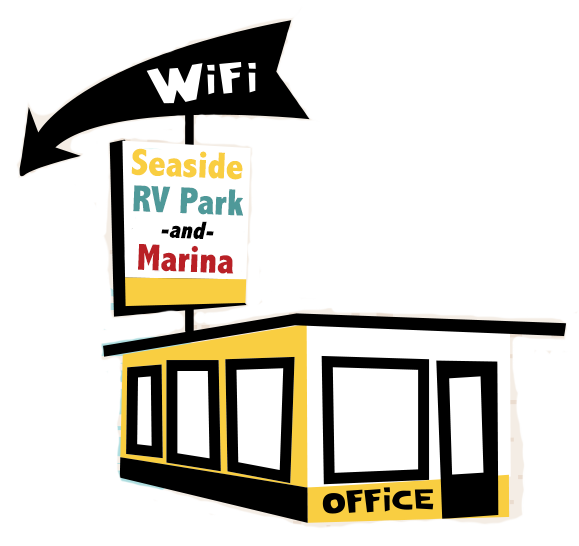 Although you would think that a campground or marina that advertises “Free Wi-Fi!” as prominently as it does 50-amp power hook-ups would have worthwhile service, you may not find that to be always true for the reasons explained above.
Although you would think that a campground or marina that advertises “Free Wi-Fi!” as prominently as it does 50-amp power hook-ups would have worthwhile service, you may not find that to be always true for the reasons explained above.
Some locations have outsourced the task of providing Wi-Fi to a commercial provider, such as Tengo Internet, onSpot, or GoZone, who manage the bandwidth and network. These usually require payment to use, but they may offer different tiers of service, which can be handy in some cases.
These professionally managed Wi-Fi internet connections for RVers and boaters should, in theory, be faster and more reliable than a DIY network managed by the campground or marina staff. Unfortunately, that’s a theory that doesn’t always manifest into reality, but generally, professional third-party providers offer a consistent experience that may be worth paying for.
For campgrounds that run their own Wi-Fi internet systems for their RV and boat patrons, there is no way to know how well it will work. This is where travel planning and research come in - reviews from other users are a good way to gauge whether a particular campground has a decent Wi-Fi experience.
You'll also want to be aware that Wi-Fi may not be evenly distributed across the campground or marina. The site or berth where your RV or boat is located can be the difference between unusable and usable Wi-Fi Internet. If you're in a more isolated location, the Wi-Fi-extending gear discussed below may be useful for improving the connection.
Finding & Using Free Public Hotspots

Many businesses and public areas, besides campgrounds and marinas, provide free Wi-Fi access to their customers. In fact, Wi-Fi has become a ubiquitous offering at most businesses.
These Wi-Fi hotspots can offer great internet if you have the flexibility and/or desire to step out of your RV with your laptop. Some people rely on this method as their primary internet connection, seeking out cafes and libraries throughout their travels.
And, if you can get your RV or boat within range of one of these public Wi-Fi hotspots, then you might be able to tap into them from the comfort of your RV or boat.
Several apps and websites track free hotspots, but it's usually pretty easy to stumble into these places when needed.
Keep in mind that businesses optimize their Wi-Fi network to provide service within their facility for their customers. They are not designed to beam free Wi-Fi Internet service to non-patrons in an RV parked in the lot. You may only get a usable signal inside their building. Many businesses will use a password for access to limit unauthorized use.
Some places might limit how long you can stay connected, as they need their tables for new customers who are just arriving. If asked to move on, be respectful and comply.
Also, please respect that the Wi-Fi a business provides is generally a courtesy that requires an investment. Do your best to be a good customer and tip your server well for accommodating you in their area for an extended time.
Other Wi-Fi Networks
We previously mentioned Tengo Internet, onSpot, and GoZone, which are commercial third-party Wi-Fi providers that partner with campgrounds, marinas, and other businesses. Another big player is Boingo, which has over one million hotspots worldwide, including many Tengo locations found within campgrounds. You can gain unlimited access to all Boingo's partnered locations worldwide for a monthly fee.
But there are also other widely deployed Wi-Fi networks available to some customers for free and to others for a fee. In particular, the major landline internet service providers have extensive Wi-Fi hotspot networks that customers can access. These can be handy, fast, and free for part-time nomads with home landline service. Some even offer a profile for your smartphone that will automatically connect to these Wi-Fi hotspots while traveling.
Here are some of the major ones:
Many other ISPs have Wi-Fi networks in different parts of the country on a more regional basis. Check if your stationary family members and friends are customers of one of the participating cable companies - you may be able to obtain their permission to use their login credentials to access these Wi-Fi hotspots.
RV Driveway Surfing
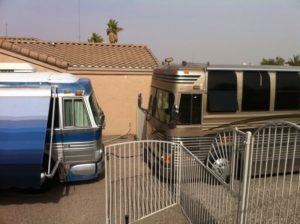
One of the most reliable ways to access the internet over Wi-Fi is by borrowing a cup of bandwidth from friends and family you visit while traveling in your RV.
Most people with fast, wired home connections are happy to share their unlimited high-speed bandwidth to perform OS updates, download videos, software updates, or sync massive amounts of data to cloud storage services.
It’s a great way to combine social time and completing digital chores.
TIP: We have a guide with further tips on effectively utilizing a host's internet source:
Driveway Surfing & Moochdocking
The RV Wi-Fi Internet Worthiness Test
Do This Before Investing in Expensive Gear!
Many people invest a small fortune in long-range Wi-Fi hardware, only to report that it hardly makes any difference.
Dishonest vendors often promise massive Wi-Fi performance boosts from cheap Wi-Fi extenders and various gadgets.
While additional gear can help in some situations, in a lot of cases, the problem is that there isn't any worthwhile Wi-Fi service to begin with. If the campground or marina has slow and unreliable Wi-Fi in the front office near the access point, no amount of Wi-Fi-enhancing technology will improve the situation further away.
So, before breaking out or purchasing Wi-Fi-enhancing gear, find out if the Wi-Fi hotspot you’re trying to connect to is actually worth the effort.
We call this the "Worthiness Test":
- Take your laptop, phone, or tablet as close to the Wi-Fi access point as possible.
- Run some speed tests (Our guide: Testing & Understanding Your Mobile Internet Speeds)
- Try out some typical web surfing.
- Try streaming some video.
If the experience near the access point is good, then using long-range Wi-Fi extending gear may help improve Wi-Fi performance at your more distant campsite or marina berth.
However, if the experience is not good near the access point, save yourself some frustration and time by finding an alternative online.
If the performance is poor up close, there is little you can do to improve it, except perhaps to complain to management.
Tip: If you can time-shift your internet use, an otherwise congested Wi-Fi network may give great performance at non-peak times. For example, a Wi-Fi network may be completely congested during prime time as everyone tries to stream video, but it could be fast and usable later that night or earlier in the day.
RV Wi-Fi Internet Worthiness Video
Product Guide: Wi-Fi Extending & Repeating Gear
Here are some popular products suitable for RVers and boaters that can help with long-range Wi-Fi. Click on each for more information.
- For all of the Wi-Fi-extending products we track, please visit our Long Range Wi-Fi Extending Gear Center.
Member Exclusive Content Below
Member Exclusive Content In This Guide
Has this guide been helpful so far?
Well.. there's a lot more below available to our members. As well as dozens of other guides like this, videos, classrooms, forums, webinars and more. All specifically created for helping keep RVers, cruisers and nomads online.
Consider Becoming a Member
If mobile internet is an important part of your lifestyle, a membership can help keep you connected with these exclusive benefits:
- in-depth exclusive content
- interactive guidance
- vendor discounts
- alerts & insider tips
- classroom
- community
Free Content Like This Made Possible By Our Members!
We are community funded via our premium membership program - allowing us to focus on creating unbiased quality, in-depth, constantly updated content. We don't accept 3rd party advertising, we're not sponsored and we don't sell 'stuff'.
Already a member?
Log in to continue with this guide.
Check out the Topics Covered in the Member Section:
Wi-Fi Range Extending Gear
This section focuses on explaining the differences between Wi-Fi as WAN, Wi-Fi extending/repeating, and how Wi-Fi CPEs differ from antenna-only solutions.
Breaking Through Captive Portals
A common challenge of using campground or marina Wi-Fi networks is that they require a special login via a webpage, which some gear can have difficulty with.
Security on Public Wi-Fi Networks
Using public Wi-Fi networks comes with some increased risks; this section outlines safe surfing practices, including protection against malware, the use of VPNs, and the importance of using strong passwords.
Field Testing: Wi-Fi Range & Performance Analysis
We share some real-world examples of our extensive range testing using some of the top Wi-Fi range extending solutions on the market.
Video Overview
This video presentation is a companion to this guide.
Summary: Is the RV Wi-Fi Internet Worthy?
Using public/free Wi-Fi can be tempting for internet access during RV and boat travels. However, it is often slower, more challenging to use, less secure, and less reliable than a cellular or satellite connection. As a result, Wi-Fi is no longer considered a primary internet connection option by most nomads seeking reliable internet access while mobile.
Before investing in equipment to help you improve a public Wi-Fi connection, ensure you understand the challenges and limitations of using one. If the speed or capacity of the public connection isn't good to begin with, no amount of fancy equipment will improve it.
If the Wi-Fi connection you want to access is strong and reliable, you may be able to connect directly without any fancy equipment. Specialized Wi-Fi-as-WAN solutions are best for situations where the Wi-Fi signal is weak. Be sure to consider factors such as distance, line of sight, and potential network congestion.
The guides below have been hand-picked to help further your education about selecting Wi-Fi extending gear - and even if this option makes sense for you.
Explore the Resource Center
Have Questions?
Join our 'Library Desk':
Internet for RVers & Cruisers Facebook Group
We cross post news articles and guides, and can help point you in the right direction to our content here on the resource center.
It is with gratitude to our premium members that we're able to offer our free content - and for that, they also have access to our member Q&A areas for more in-depth guidance.
Become a Member
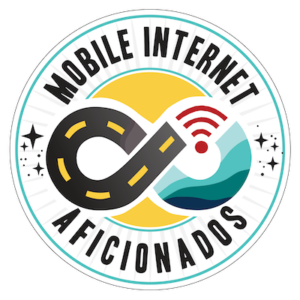 The MIA is our premium membership - designed for those who consider mobile internet an important part of their lifestyle.
The MIA is our premium membership - designed for those who consider mobile internet an important part of their lifestyle.
In thanks for making content like this possible, we offer a bunch of additional perks. From interactive guidance, in-depth member exclusive content, discounts, alerts, classroom and ability to book private advising sessions.
Stay In the Know
We're constantly tracking the industry and analyzing new developments for mobile travelers. If you'd like to receive updates, we offer several ways:
- Subscribe to our free monthly newsletter
- Subscribe to our News Stories RSS Feed
- Subscribe to our YouTube Channel
- Follow our Facebook Page
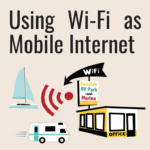
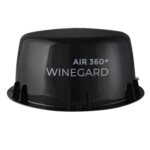

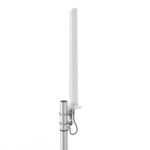
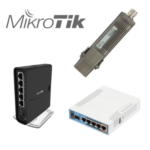
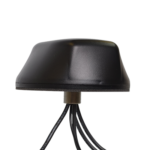
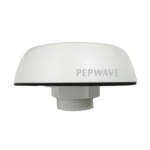
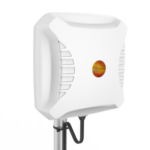

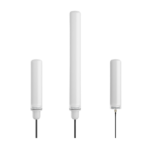
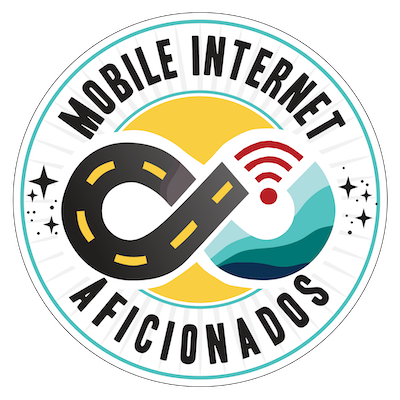
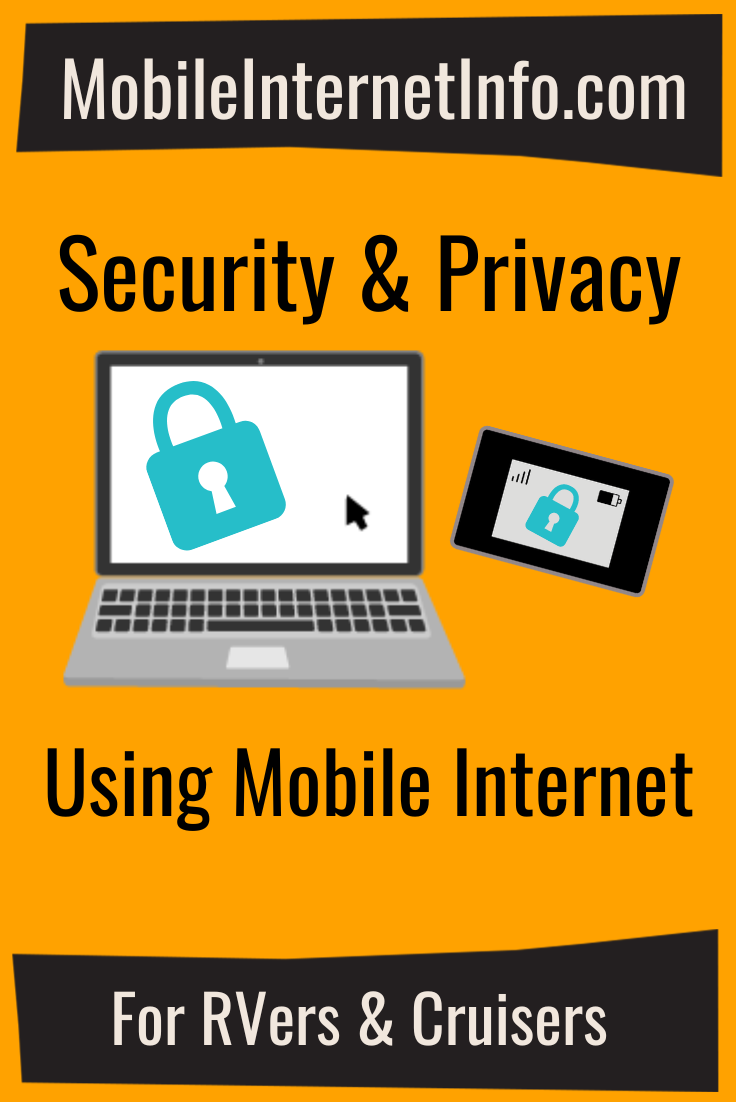






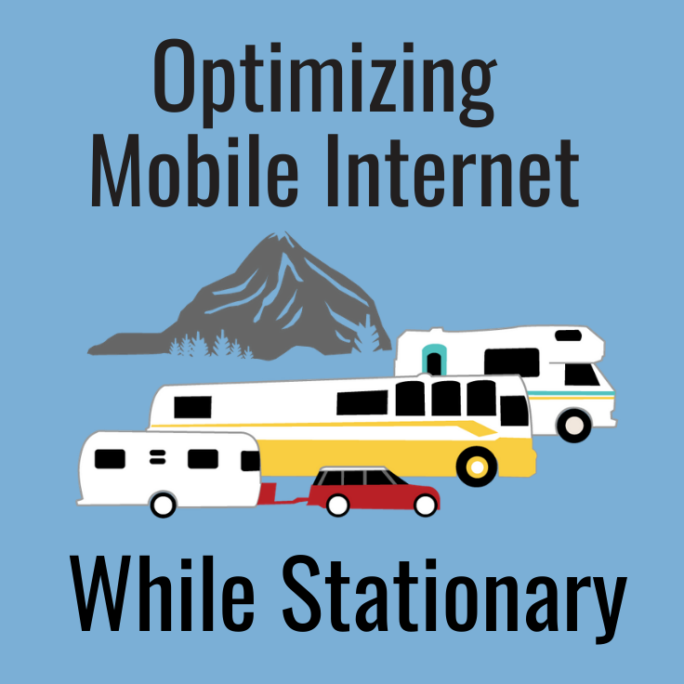
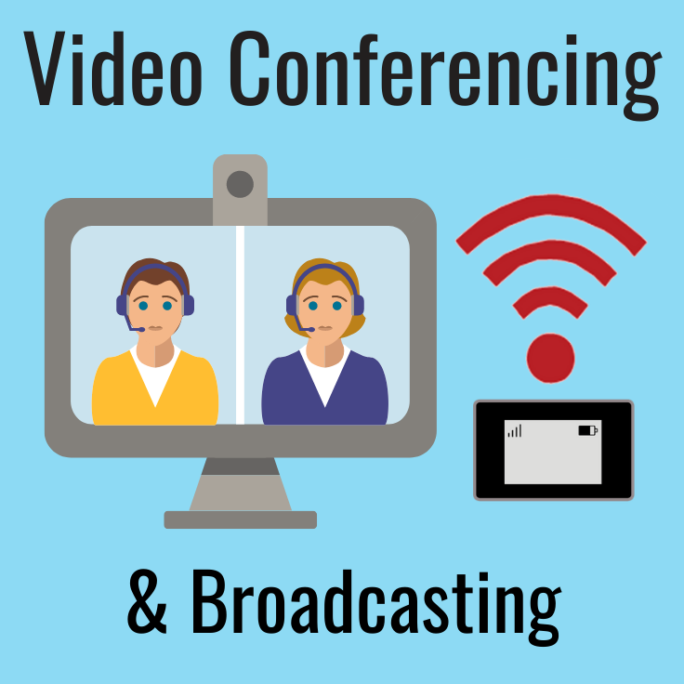
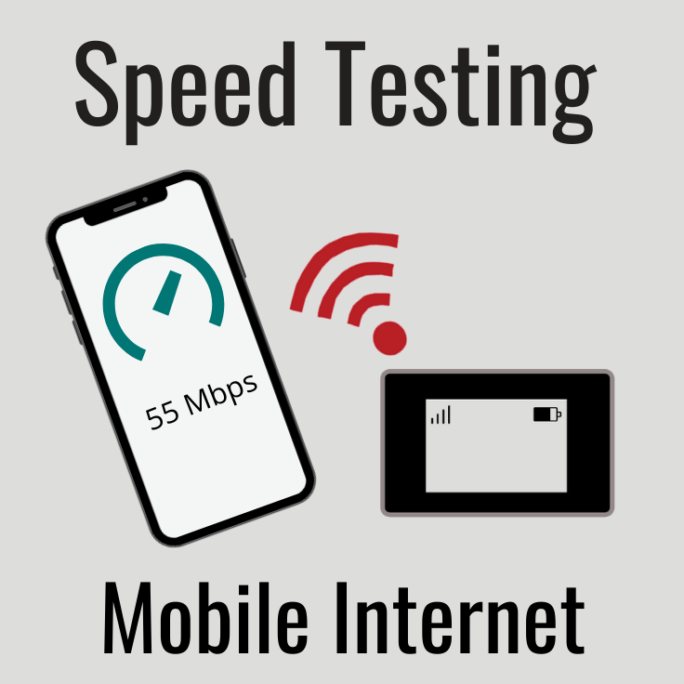
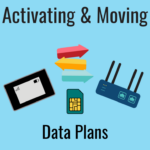
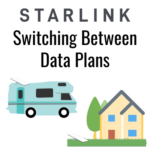
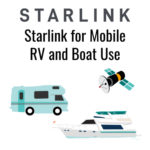
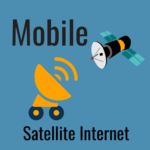

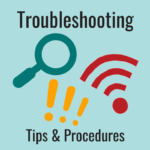
 Mobile Internet Resource Center (dba Two Steps Beyond LLC) is founded by Chris & Cherie of
Mobile Internet Resource Center (dba Two Steps Beyond LLC) is founded by Chris & Cherie of